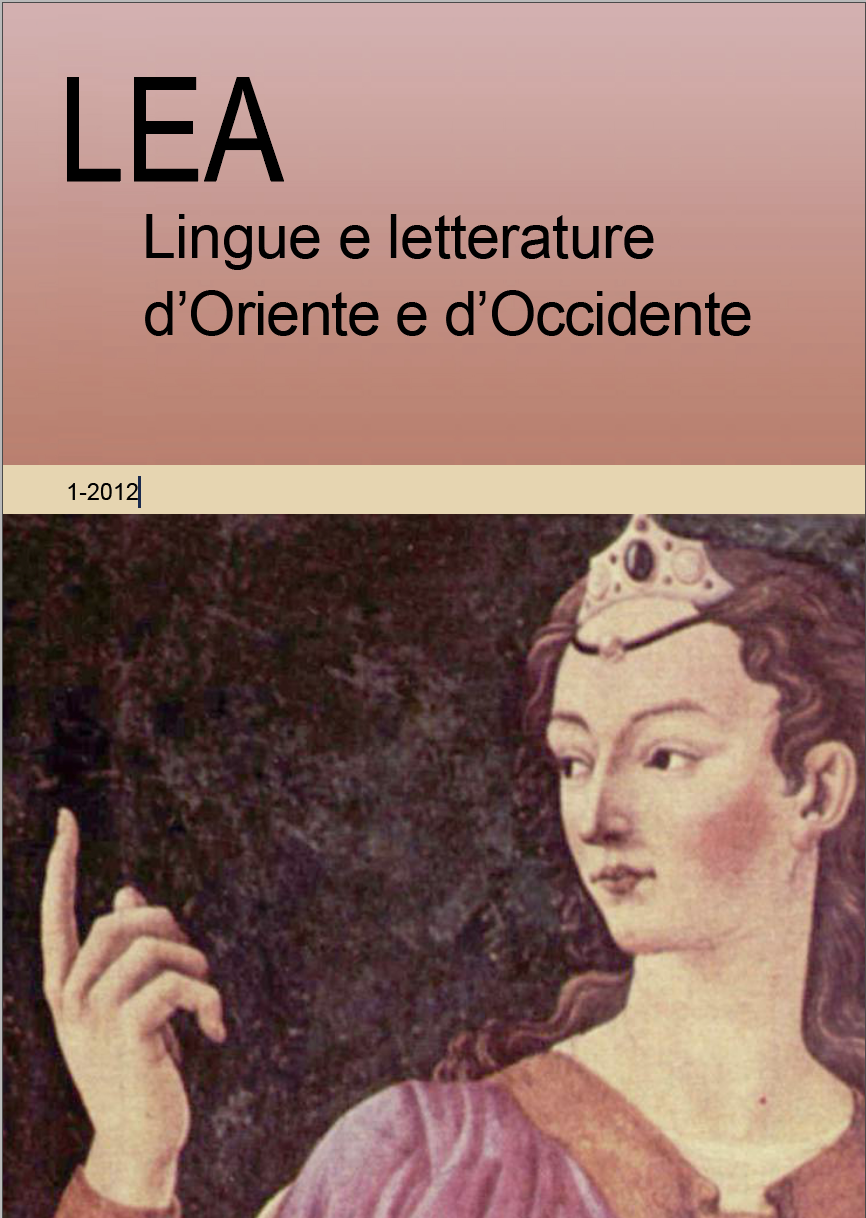Published 2013-03-08
Keywords
- Mervyn Peake,
- blitz,
- London,
- Second World War
Abstract
This essay addresses Mervyn Peake’s own memories of the Second World War Blitz and their migration into the poetical form of a ballad, The Rhyme of the Flying Bomb, composed in 1947. Abounding with Catholic symbolism, allegories and sea imagery, the poem tells the story of a sailor escaping from London bombing raids and his rescue of a new-born babe from a “golden drain”. The subsequent dialogue between the two protagonists reveals the fragile human side of the sailor and the divine prophetical power of the infant. Their former roles of saviour and rescued finally appear to be both spiritually and physically inverted. Written in alternating rhymes, the poem emphasizes Peake’s strong faith in humanity’s capacity to perform acts of love, despite living “at the height of a world at war”.



